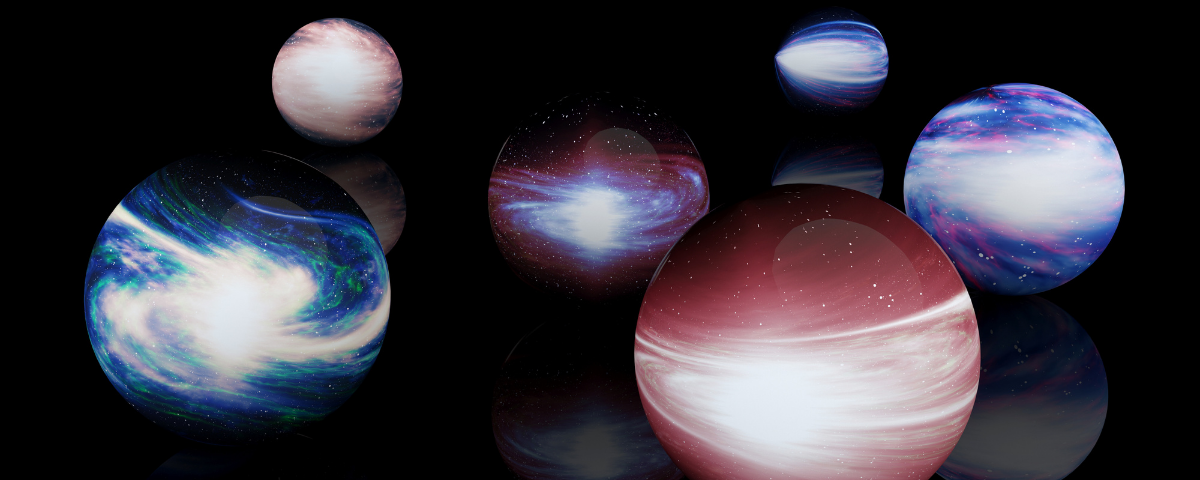Multiverse theory says that our universe is not the only one—there are plenty more. There are billions upon billions of other universes, including our own, which are very similar to our reality but could have very different laws and constants. Some researchers believe these parallel universes—or “parallel worlds”—are even more likely than we previously thought and might be a vital key to explaining the nature of the universe and the nature of our existence.
The concept of a multiverse is not a new one. It has been a staple of scientific thinking for hundreds of years. The word “multiverse” was first coined by Thomas Dick in 1931. Since then, it has been a theory that has been brought up time and again but is often not taken as seriously as it should.
The multiverse theory is an attempt to explain the many universes we live in. It says that we live in a multiverse, which consists of different universes. One universe is like our own, and one is like our other, and so on. The theory is based on the idea that our universe is just one of many universes that exist.
History of the Multiverse Theory
In the past two decades, there have been many theories proposed about the nature of the universe. In some theories, the universe is finite and has a beginning, while another theory claims that the universe is infinitely old and eternal. While these theories have been very difficult to test, some recent innovations have made it possible to test these theories.
The history of the multiverse theory starts with a simple question: why is there something rather than nothing? The answer to this question has a long history. Both the ancient Greeks and the ancient Hindus, and some great Islamic scholars believed that the universe is eternal, and their perception of the universe was based on the concept of the permanence of matter. In the 19th century, however, a new way of thinking changed the course of history.
If you ask an average person on the street what the Multiverse Theory is, they’ll probably have no idea. To them, it might look like just another modern “scientific” theory, but in fact, it’s a bit more complicated. While some of us are still learning about it, the Multiverse Theory is the idea that the Universe, our Universe, is not the only one out there. There are other ones, called “pocket universes,” which means that the Multiverse Theory isn’t so much a theory as it is a way of explaining the Universe on a larger scale. And while it might sound crazy, it isn’t that weird.
Some scientists support Multiverse Theory.
For decades, scientists have wondered whether our universe is just one of many, of which there is at least an infinite number. The theory of the Multiverse has only recently begun to gain scientific support, but it has gained widespread support among physicists. If true, the Multiverse would explain the vastness of the universe, the extreme improbability of the Big Bang, and the mystery of dark matter. All our observations say that our universe is just one of many, and the Multiverse explains why.
The Multiverse is the belief that our universe is just one of an infinite number of universes, existing alongside each other in an interconnected, parallel cosmic reality. Physicists, mathematicians, and cosmologists have long suspected the existence of parallel dimensions, but their self-published research has not previously caught the attention of the mainstream media.
The idea of multiple universes has long intrigued the public, but actual evidence for the existence of other universes has often appeared to be lacking. However, the recent discoveries of some of the most sophisticated telescopes in the world seem to be giving us some ground for hope. Perhaps some of the best evidence comes from astronomers at the Swinburne University of Technology Center for Astrophysics. Their research suggests that some of the faintest stars in our galaxy contain at least one Earth-like planet.
The Multiverse Theory is the idea that our universe is but one of many universes floating around in some higher-dimensional space. These universes could be infinite and contain everything infinity can contain, possibly even beyond our ability to conceive.





